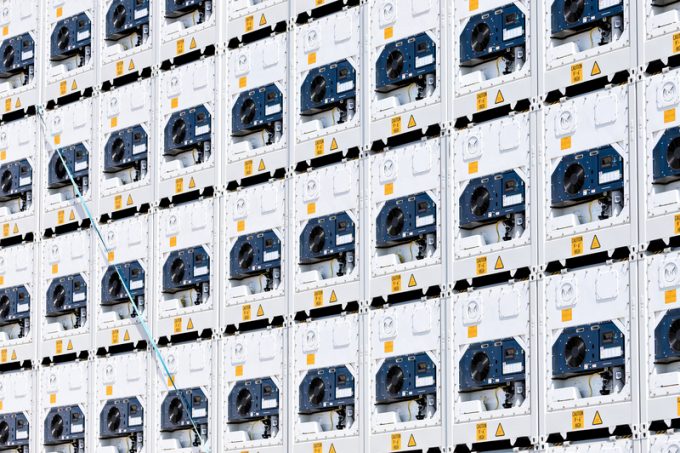RTR: Logistics giant Lineage raises $4.4bn in biggest IPO of 2024
REUTERS reports: Lineage, the world’s largest operator of cold-storage warehouses, raised $4.44 billion in its U.S. ...

According to some reports, Lineage Logistics is gearing up for a $30bn IPO this year.
This would put the cold chain solutions provider head and shoulders – as well as torso – above the rest of the field – rival Americold Realty Trust has a market cap of $8bn. And Lineage has more than 430 warehouses across 20 countries.
The cold storage market is on fire; according to the Cold Storage Construction – Global Strategic Business Report, the global market is worth ...
Volcanic disruption at Anchorage could hit transpacific airfreight operations
Macron calls for ‘suspension’ – CMA CGM's $20bn US investment in doubt
Forwarders stay cool as US 'liberation day' tariffs threaten 'global trade war'
De minimis exemption on shipments from China to the US will end in May
Shippers snap up airfreight capacity to US ahead of tariff deadline
Tighter EU import requirements proving 'a challenge' for forwarders
Looming Trump tariffs will create 'a bureaucratic monster' for Customs

Comment on this article